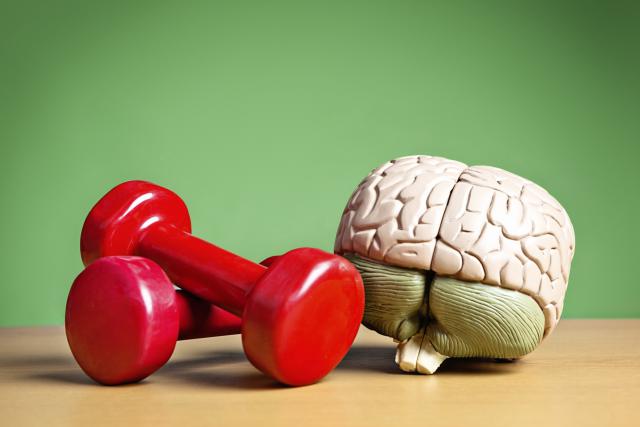Enhancing Experience-Dependent Neuroplasticity
by Jason von Stietz, M.A. - December 19, 2015

Experience-dependent neuroplasticity, the brain’s capacity to change in response to environmental stimuli and learning, is a fundamental property of the brain. The impairment of this function in the brain is related to many psychiatric disorders including depression and bipolar disorder. Researchers recently studied the effect of D-cycloserine on the brain’s capacity for experience-dependent neuroplasticity (measured by EEG). The study was recently discussed in an article in MedicalXpress:
In a recent study published in the Proceedings of the National Academy of Sciences, a group of researchers from various U.S. colleges have collaborated to determine if augmenting the signaling of a particular brain receptor would boost neuroplasticity in adults. During early development, experience-dependent neuroplasticity actually interacts with genetic programming in order to establish the neuronal organization and functionally connected circuits that characterize the mature brain.
This basic circuitry is well established by early adulthood, but throughout the lifespan, adult brains depend on experience-dependent neuroplasticity to enable new behavior patterns. Given the general acceptance of the relatively new idea that neuroplasticity endures in adults, the ability to augment its mechanisms could yield new approaches to associated psychiatric disorders. Here, the researchers sought to determine if augmenting N-methyl-D-aspartate receptor (NMDAR) signaling would promote experience-dependent plasticity. They tested a drug called D-cycloserine (DCS) on a group of participants who were monitored via a recently developed EEG paradigm for changes in plasticity.
The participants, divided into groups that received either DCS or placebo, engaged in three cognitive tasks: A weather prediction task, an information integration task and an n-back task, once before administration of DCS or placebo, and again 31 hours later. They determined that participants who received DCS showed greater potentiation of plasticity following the high-frequency visual stimuli of the tests than did those who received placebo. "Our findings of enhanced acquisition of the weather prediction task and the information integration task are consistent with other findings of enhanced incremental learning following DCS administration, including on category learning, motor learning, and mental rotation learning tasks," the authors write.
They note that the performance of DCS participants on the n-back test, which was a spatial working memorytask, did not differ measurably from the performance of those receiving placebo. They note that this result is consistent with a growing body of evidence that the transient memory underlying working memory is modulated in a fundamentally different way than experience-dependent neuroplasticity.
While noting the limitation that the study was restricted to healthy young adults, the authors conclude that their results strongly suggest that enhancing NMDAR signaling augments experience-dependent plasticity in adult brains across a variety of tasks that leverage that ability. "These findings suggest exciting possibilities for using NMDAR agonists to help ameliorate plasticity deficits in neurodegenerative and psychiatric disorders. Our results complement a growing literature that suggests that DCS can enhance new learning during cognitive behavioral therapy interventions and cognitive training programs."
The researchers suggest that parallel studies in older adults and patient groups are an obligatory next step in assessing DCS as a therapeutic intervention for psychiatric disorders.
Read the full article Here

 Subscribe to our Feed via RSS
Subscribe to our Feed via RSS